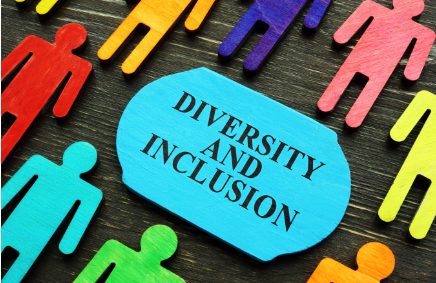Advancing diversity, equity and inclusion initiatives through employee surveys

In the spring of 2020, the Black Lives Matter movement sparked conversations around the world about systemic racism and unconscious bias. Businesses have been re-evaluating their diversity, equity and inclusion (DEI) polices and taking a hard look at what their own data says about their role in reducing – or perpetuating – the inequalities faced by marginalized groups.
Many businesses are conducting DEI surveys to gather demographic information and adopt more robust DEI policies. In these surveys, employees are asked how they self-identify in questions about gender identity, preferred pronouns, sexual orientation, race, ethnic/cultural origin, religious/spiritual affiliation, disabilities, family status, and if they are Indigenous, to name a few. In an increasingly data-driven world, results from DEI surveys can reveal valuable information about an organization and can inform future decision-making. However, businesses may wonder if their attempt to advance DEI initiatives through these surveys exposes them to any legal risks with respect to their privacy or employment law obligations.
Read our bulletin on this topic prepared by Daniel J. Michaluk and Danielle Windt.
This content has been updated on May 2, 2024 at 13 h 33 min.